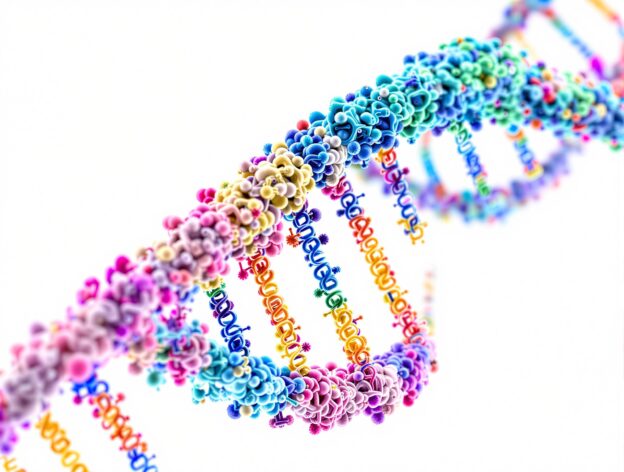Infertility and impotence are complex conditions that can arise due to a combination of physical, psychological, and lifestyle factors. Understanding the causes can help in prevention, diagnosis, and treatment. This article outlines the common reasons for both conditions.
Infertility
Infertility is the inability to conceive after a year of regular, unprotected intercourse. It affects both men and women and can result from various factors:
1. Hormonal Imbalances
Hormonal disorders can disrupt ovulation in women and sperm production in men. Common causes include:
- Polycystic Ovary Syndrome (PCOS) in women.
- Low testosterone or other hormonal deficiencies in men.
2. Structural or Anatomical Issues
- Women: Blocked fallopian tubes, uterine abnormalities, or endometriosis can prevent conception.
- Men: Conditions like varicocele (enlarged veins in the scrotum) or undescended testicles can reduce sperm quality.
3. Lifestyle and Environmental Factors
- Smoking, excessive alcohol consumption, and drug abuse can lower fertility.
- Obesity, malnutrition, and exposure to environmental toxins (e.g., pesticides or heavy metals) negatively affect reproductive health.
4. Age
- Women’s fertility declines significantly after the age of 35.
- In men, sperm quality and motility also decrease with age, though the decline is slower.
5. Medical Conditions and Infections
- Sexually transmitted infections (STIs), such as chlamydia or gonorrhea, can cause damage to reproductive organs.
- Chronic illnesses like diabetes and autoimmune diseases may interfere with fertility.
6. Genetic Disorders
Genetic anomalies, such as chromosomal abnormalities, can impair reproductive function in both sexes.
Impotence (Erectile Dysfunction)
Impotence refers to the inability to achieve or maintain an erection sufficient for sexual activity. It can result from physical, emotional, or lifestyle factors.
1. Physical Causes
- Cardiovascular Diseases: Poor blood flow due to heart conditions, high blood pressure, or atherosclerosis is a major cause.
- Neurological Disorders: Conditions like Parkinson’s disease, multiple sclerosis, or spinal injuries can disrupt nerve signals.
- Diabetes: High blood sugar damages nerves and blood vessels, leading to erectile dysfunction.
2. Hormonal Issues
Low testosterone levels can contribute to reduced libido and impotence. Thyroid disorders may also play a role.
3. Psychological Factors
- Stress, anxiety, and depression are common contributors to impotence.
- Performance anxiety or unresolved relationship conflicts can exacerbate the problem.
4. Lifestyle Factors
- Smoking damages blood vessels, reducing blood flow to the penis.
- Excessive alcohol and drug use can impair sexual function.
- Sedentary lifestyles and poor diets contribute to obesity and vascular problems, both of which increase the risk of impotence.
5. Medication Side Effects
Certain drugs, such as antidepressants, antihypertensives, or treatments for prostate issues, may cause erectile dysfunction.
